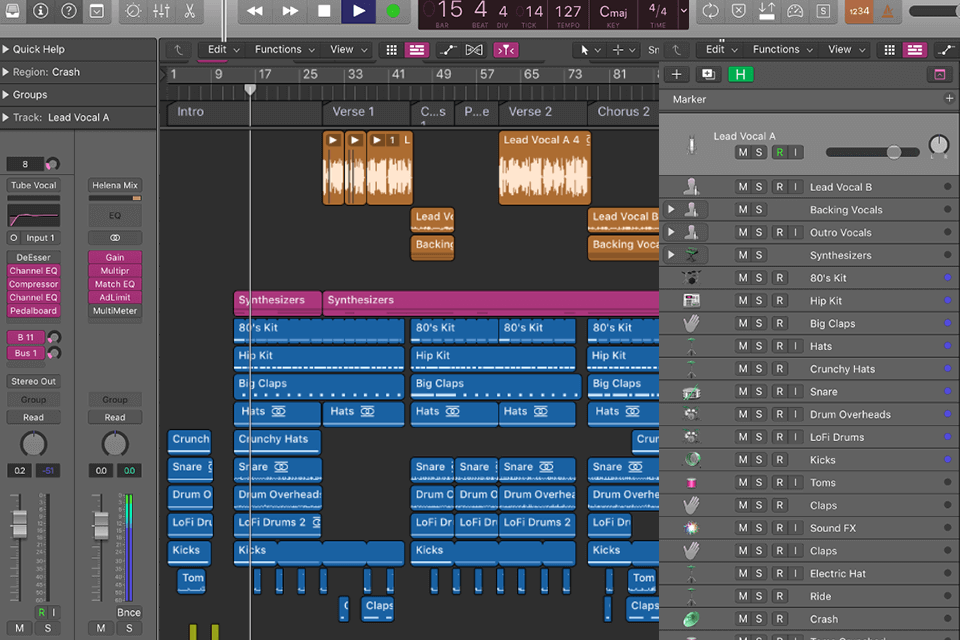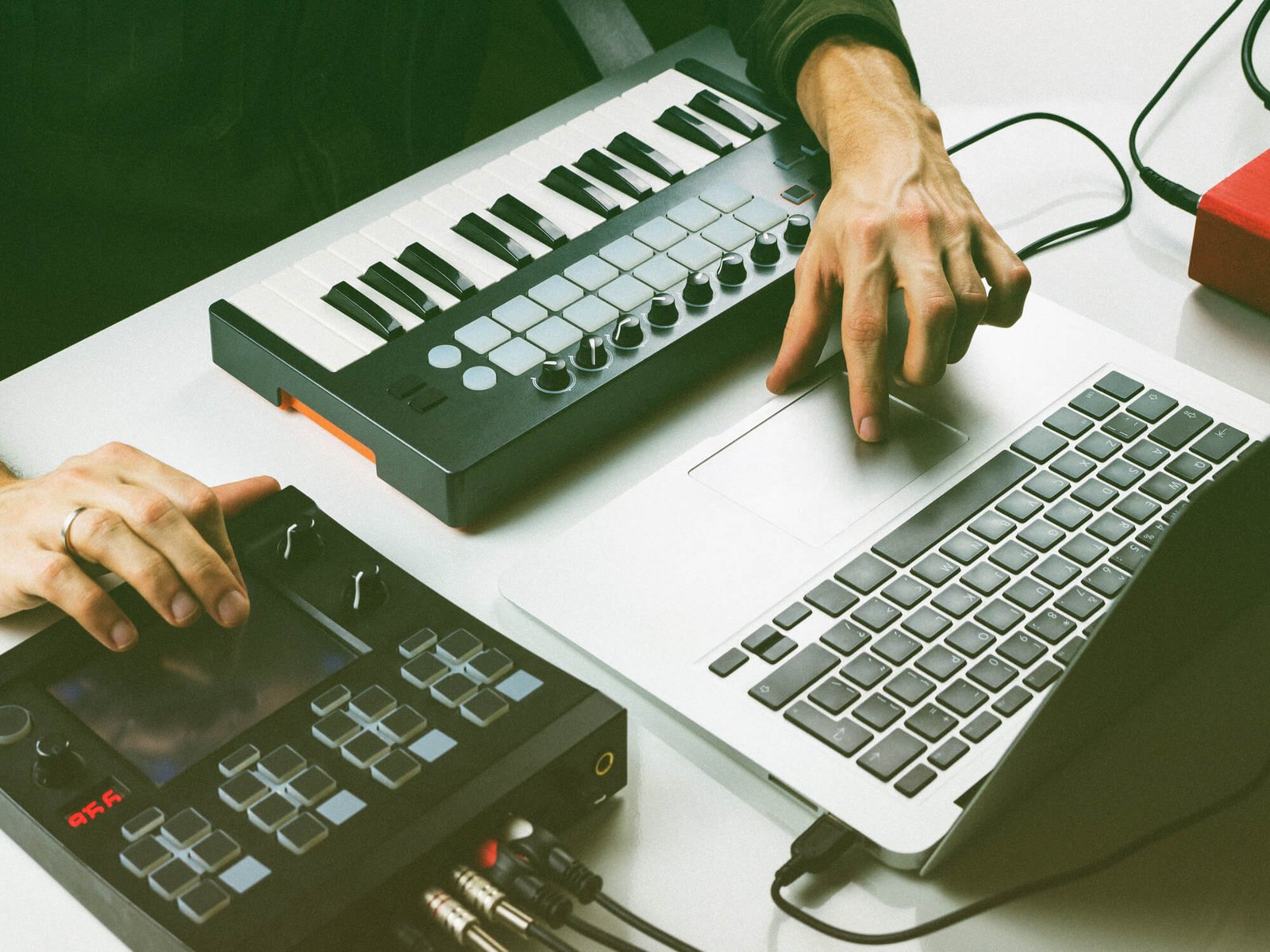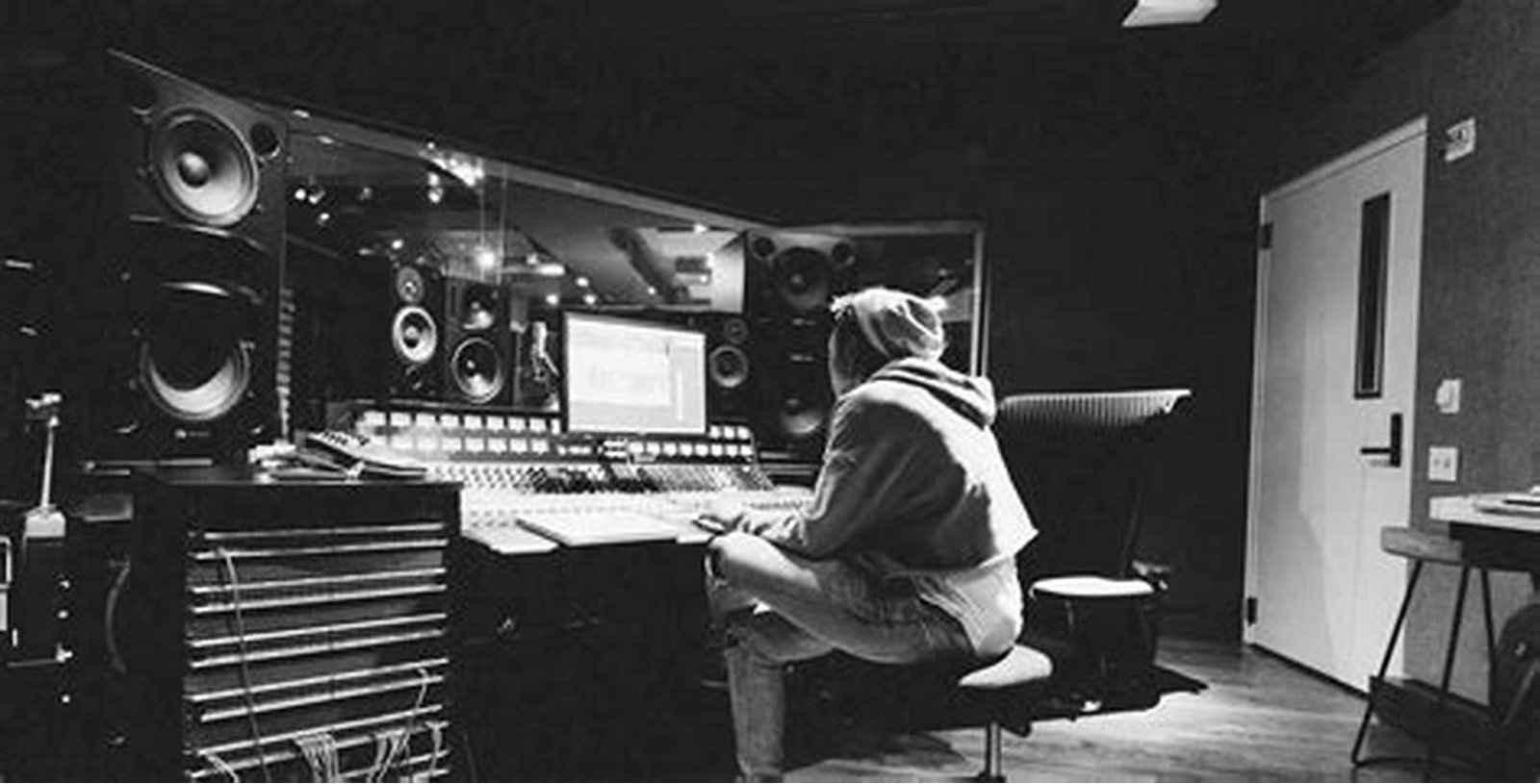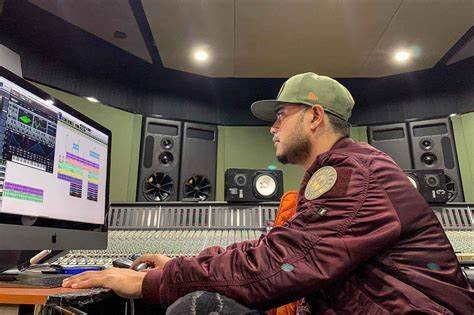Music producers play a pivotal role in the creation of a song or album. They are the driving force behind the recording process, guiding the artist through every step of production and shaping the final sound of a track. While the exact tasks of a producer can vary depending on the genre and the artist’s needs, there are several key responsibilities that every producer takes on in the studio. Here’s an inside look at what a music producer does behind the scenes.
1. Collaborating with Artists and Songwriters
A major part of a producer’s role is collaborating with the artist and songwriter. Before recording begins, they help define the vision for the song or album. This includes discussing the overall sound, vibe, and direction the artist wants to achieve. Producers work closely with songwriters to help refine lyrics, melodies, and song structures, ensuring that everything aligns with the artist’s creative goals.
Key Responsibilities:
- Meeting with artists to discuss their vision
- Suggesting changes to lyrics, melodies, or arrangements
- Collaborating with songwriters to ensure the best version of the song
2. Arranging and Structuring the Song
Once the vision is established, the producer focuses on arranging the song. They decide on the overall structure (such as verse, chorus, and bridge placements), the instrumental setup, and how to build dynamics throughout the track. Producers often play an active role in choosing which instruments are needed, and sometimes even contribute to the songwriting or perform on the track.
Key Responsibilities:
- Deciding on song structure and arrangement
- Determining the instrumentation for the track
- Contributing musical ideas and parts
3. Overseeing the Recording Process
Once the song structure is locked in, the producer manages the recording sessions. They coordinate with the musicians and sound engineers to ensure that every part is recorded correctly and at the highest quality. This includes directing vocal takes, overseeing instrumental performances, and making sure that the artist’s performance captures the desired emotion and energy.
Key Responsibilities:
- Scheduling and managing studio time
- Guiding artists through vocal and instrumental recordings
- Ensuring high-quality sound capture and performance
4. Sound Design and Shaping the Track’s Sound
Producers are responsible for shaping the overall sound of a track. This includes choosing the right sounds, effects, and textures to fit the song. They may experiment with different instruments, synthesizers, and effects to create unique tones and soundscapes. Producers work closely with sound engineers to achieve the perfect balance of instruments and vocals.
Key Responsibilities:
- Selecting and creating sound effects and textures
- Experimenting with different sounds, loops, and instruments
- Working with engineers to achieve the desired sound balance
5. Editing and Post-Production
Once all the tracks are recorded, the producer works on the editing process. This involves arranging the takes, cutting, and comping together the best parts of each performance to create a polished final product. In post-production, the producer oversees the mixing process, where the individual tracks are balanced, equalized, and processed to achieve the best sound quality.
Key Responsibilities:
- Editing and arranging recorded takes
- Overseeing the mixing process for optimal sound
- Ensuring consistency and clarity in the final product
6. Mixing the Track
Mixing is one of the most important aspects of music production, and many producers play an active role in this process. In the mixing phase, the producer and the mixing engineer work together to adjust the levels, EQ, and effects for each instrument and vocal track. The producer ensures that each element is balanced and that the song sounds cohesive.
Key Responsibilities:
- Balancing and adjusting track levels
- Adding effects like reverb, delay, and compression
- Ensuring the track sounds polished and cohesive
7. Mastering the Final Track
After mixing, the track is sent to the mastering stage, where it’s finalized for release. While some producers handle the mastering themselves, others collaborate with a mastering engineer to ensure the track sounds its best on all listening devices. The producer may make final adjustments to levels, EQ, and dynamic range to ensure the track meets industry standards.
Key Responsibilities:
- Finalizing the track for release
- Adjusting EQ, compression, and volume for optimal sound
- Collaborating with a mastering engineer for the final product
8. Managing the Budget and Studio Logistics
Behind every successful project is a producer who manages the budget, studio time, and logistics. Music production can be expensive, so producers are responsible for keeping track of expenses, negotiating with the studio, and ensuring that the project stays within budget. They also make sure that everything runs smoothly, from coordinating schedules to handling contracts and payments.
Key Responsibilities:
- Managing the budget and expenses
- Scheduling studio time and coordinating logistics
- Handling contracts and payments
9. Staying Up-to-Date with Trends and Technology
Music production is constantly evolving, with new technologies, tools, and trends emerging all the time. To stay competitive, producers need to keep up with the latest advancements in recording software, production techniques, and musical trends. They often experiment with new tools and techniques to push the boundaries of sound and bring fresh ideas to the table.
Key Responsibilities:
- Keeping up with industry trends and technology
- Experimenting with new production tools and software
- Pushing creative boundaries in music production
Conclusion
Music producers are much more than just technical experts in the studio; they are creative visionaries who guide the entire production process. From collaborating with artists and shaping the sound of a track to overseeing the recording and mixing process, producers play an essential role in bringing music to life. Their influence is felt throughout every stage of production, and their ability to work with artists and engineers ensures that the final track reflects the original vision while sounding polished and professional











